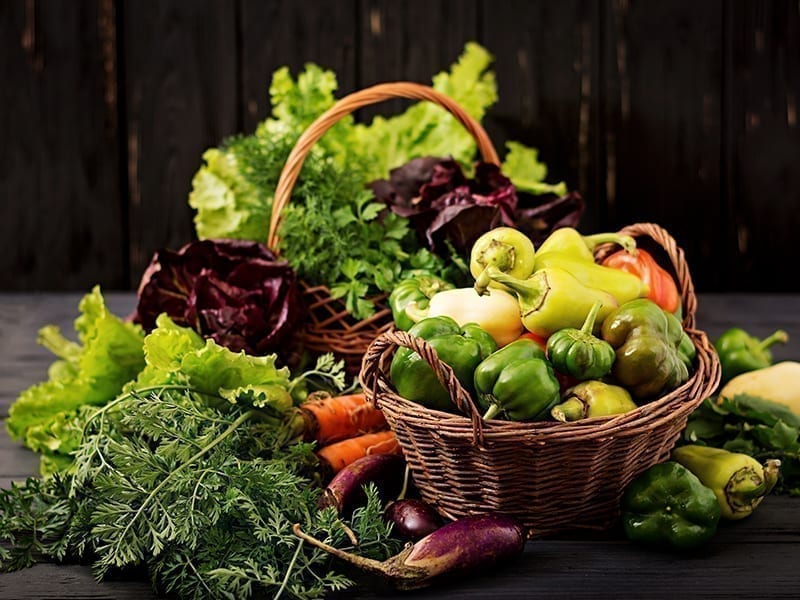A lot of myths are readily associated when it comes to plant-based diets. Concerns about nutrition, supplement use, restrictions, and not enough variety all become part of the chatter around this lifestyle choice. And as is with any diet, making the change is quite the shift, one that can be empowered when you have all the information you need about the pros and cons of this new way of eating that you’re considering adopting.
What’s also important is consistency. The only way healthy meal plans work is if you approach them as a lifestyle change instead of a short-term solution to a problem.
So, we caught up with cure.fit’s holistic health coach Manasa Rajan to dispel the myths surrounding plant-based diets and really understand if there’s any merit to them. What exactly is Kapha Dosha ? (and how to balance it) ?
Busting 10 Common Myths About Plant-Based Diets
In absolute terms, anyone who is transitioning to a plant-based diet needs to give their body at least some time to adapt to it. All these myths we associate with the diet usually surface during the learning curve. But once you get around it, many people go on to embrace a plant-based diet as a long-term way of living.
Traditional foods like dairy and meat have fats and protein content, which our body is addicted to. So when you adopt a plant-based diet, to stay satiated and adjusted, you’ll have to add more nuts, seeds and plant-based protein and fats to offset the change. Over time, this becomes easy to the point that you don’t notice the change at all. Your body adapts and thrives on this new way of eating.
Let’s look at some myths surrounding plant-based diets as addressed by Manasa Rajan:
Myth: It’s Difficult To Feel Satiated On A Plant-Based Diet.
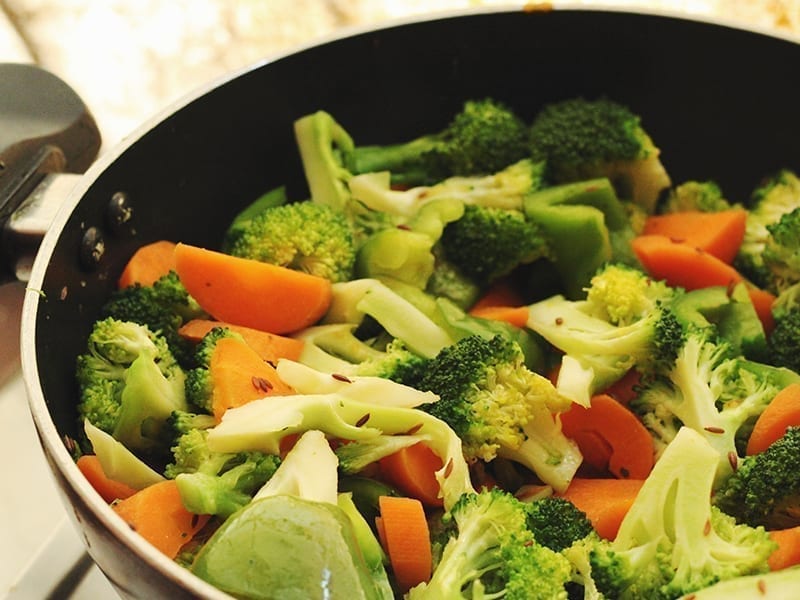
Fact: For you to feel satisfied on a plant-based diet, you need to add calories, enough fat, nutrition and bulk. It has to go in your gut for the micro-sensors present in them to feel it’s bulked up. A plant-based diet and whole foods (unprocessed) makes it rather easier to feel satiated, provided you are eating enough high-quality foods with enough fat and protein. The increased fibre intake takes care of the rest, including the feeling of satiety and regulated digestion.
Myth: You Can’t Get Adequate Calcium & Protein With Such A Diet.
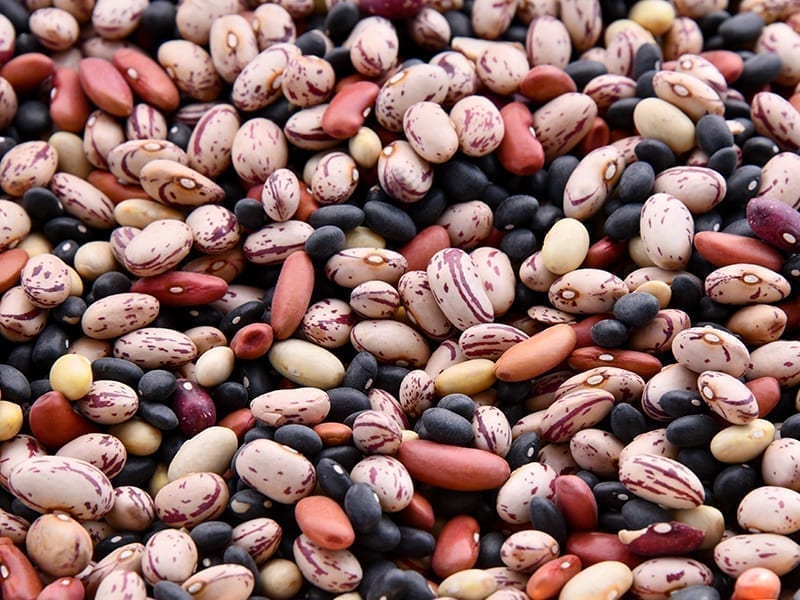
Fact: Calcium is bio-available to your body. You must know that your body can adjust and absorb calcium far better from vegetables and seeds; in fact, sesame seeds have 10 times more calcium than dairy. Dal, chole, rajma, beans are other sources of calcium that are also readily available in the market.
In the case of proteins, you need to remember that a simpler form of protein is present in plant-based food. Amino acids come in different forms and protein is made of these acids. Pork or beef that non-vegetarians usually eat has complex amino acids (longer chain). Since plants have simpler amino acids, no toxic residue is left behind in your body as a byproduct which actually makes plant protein really good for you.
Myth: People Become Anaemic Because Of Lack Of Iron In Plant-Based Diets.
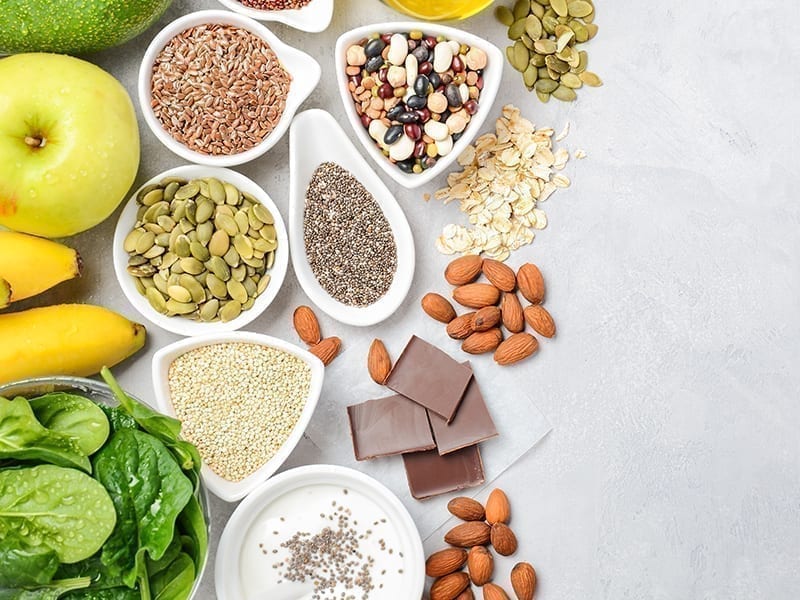
Fact: Sources of iron in a plant-based diet are numerous. Animals actually get their iron from plant sources itself. The kind of iron which meat consumption leads to in our body is heme iron. It is in fact healthier for our body to get iron from plant sources, as too much meat consumption can lead to unhealthy iron deposits. Therefore, it’s an absolute myth that people become anaemic when they follow such diets.
Myth: Plant-Based Diets Are An Unhealthy Way Of Losing Weight.
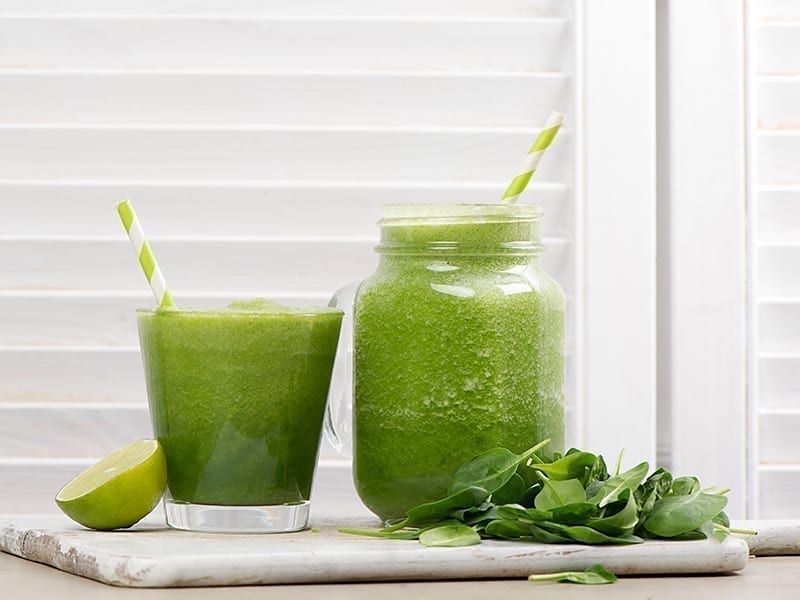
Fact: You need to understand the concept behind why you’re losing weight when you’re on a plant-based diet. It is simply because you are not eating processed food anymore like refined sugar, burgers, junk calories, and so on. It’s generally because of the shift you’re making that you shed all those extra kilos. In fact, it’s rather healthy because it makes it easier for you to fight diabetes and cholesterol and reduce your sodium intake.
Myth: Plant-Based Diets Are Not Suitable For People With Acidity.

Fact: When you eat fruits and vegetables which are inherently rich in fibre, your digestive issues get resolved on their own. It’s crucial for you to start slowly, and add fibre to your diet gradually. After the transition period is over, your body is generally able to fight off any kind of digestive issues. Rather if you see, a plant-based diet is the most-suited for people with acidity because of the added roughage.
Myth: There Are No Sources Of Healthy Fats In A Plant-Based Diet.
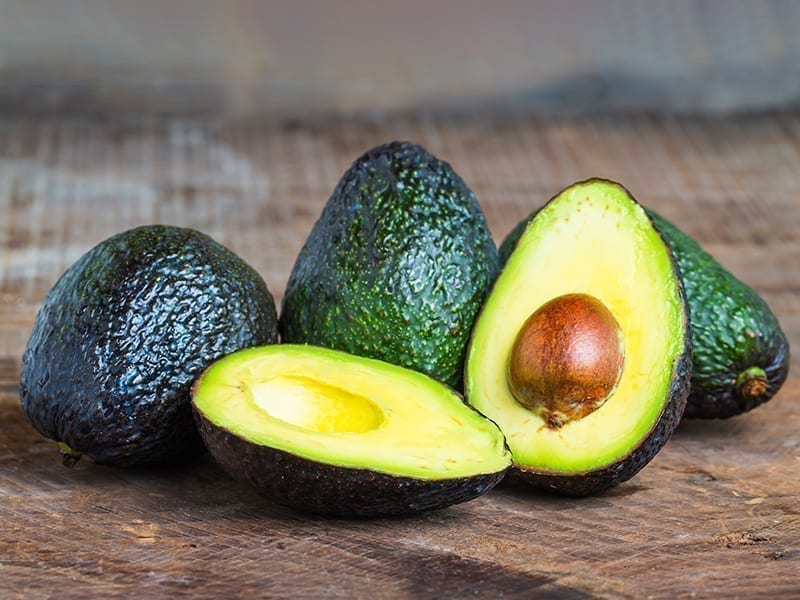
Fact: High-quality omega 3 fatty acids are present in olives, avocados, nuts, nut butter, tofu, edamame and plenty of other plant-based sources. They work just as well to aid the repair, wear and tear in the body, and to improve the quality of your skin and hair.
Myth: Plant-Based Diets Require A Lot Of Planning, Preparation & They’re Expensive.

Fact: Planning is generally required for any diet if you want to eat healthily. If you take a closer look, you will see that a lot of traditional south Indian diets are plant-based by default. So it doesn’t have to be expensive. Choosing milk over meat is actually cheaper. However, if you choose to opt for dairy-alternatives like almond milk or something then, of course, it can be expensive. But, that’s a choice you’re making, it’s not that there aren’t cheaper options.
Myth: Plant-Based Diets Are Hard To Sustain.

Fact: Keep in mind that your transition needs to be good. You need to be satiated all the while. It does require an effort but it’s not hard to sustain. Any form of lifestyle shift can make you feel this way, so to guide you better it’s best to take support from a health coach or a nutritionist. Then, seemingly complicated changes can become very simple as they’ll help you with ready alternatives you can adopt in this new way of eating.
Myth: Plant-Based Diets Are Difficult To Stick To As There Aren’t Enough Options In India.
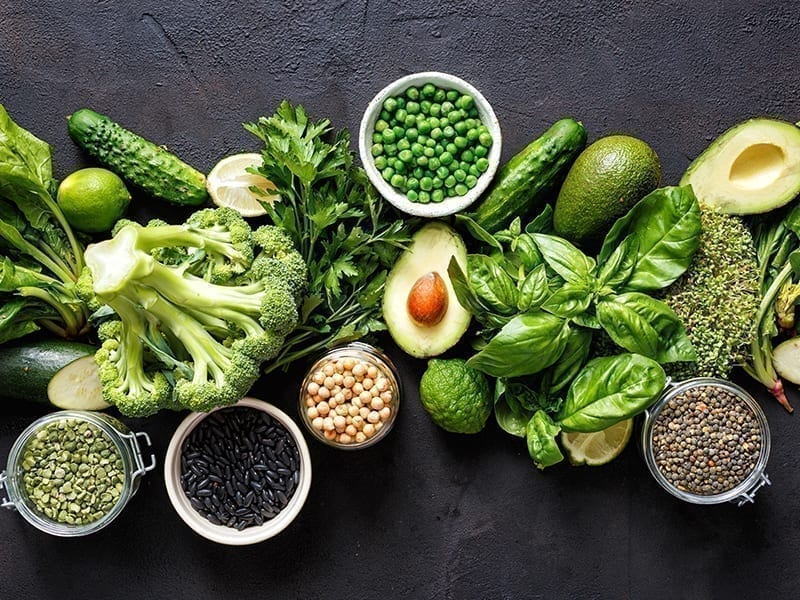
Fact: As mentioned earlier, in India, especially in South India, we have a lot of traditional choices which are plant-based by default. So there are a lot of vegetarian options by design in their diet. If you look into our traditional food, it is absolutely plant-based. Instead, there are fewer non-veg options in terms of traditionality. Even our everyday meals lay emphasis on grains and vegetables. Non-vegetarian was always considered a treat or a weekend indulgence traditionally.
Myth: Plant-Based Diets Are Unsuitable For Children.

Fact: This idea of children wanting to eat junk food and unhealthy meals is obviously wrong. They can be fussy-eaters but getting them on a plant-based diet is rather easy if you do so from the beginning. A plant-based diet is great for their growth and long-term health since it’s a complete balanced diet with whole food and significant protein choices. It helps to lead by example. If a child sees eating plant-based foods as a way of life, they will never want it differently, much like children who grow up in vegetarian households don’t really have an affinity or longing for non-veg.
Key Takeaways From Health Coach Manasa Rajan
- When you make the transition to a plant-based diet, focus more on your fat and protein intake. This makes the transition easier. So add nuts, seeds, cashew paste, avocados and coconut in your diet.
- Make sure there is careful planning and protein sources like chole, rajma and dal are added to your diet.
- Figure out how to prepare your most favourite thing to eat in a manner. which is more plant-based.
- Remember to focus not so much on a definition but edging out the unhealthy parts and eating healthy options that come with a plant-based meal plan.

